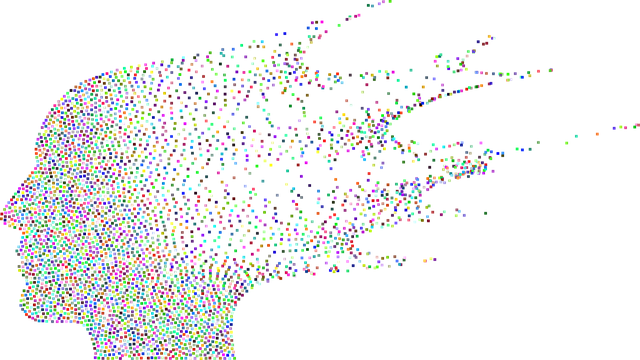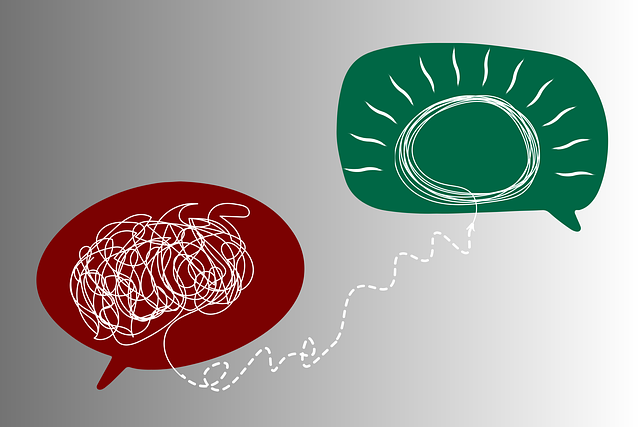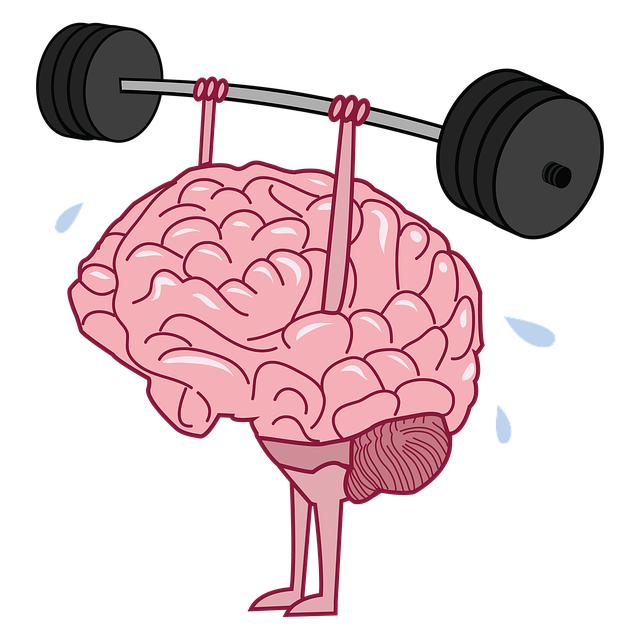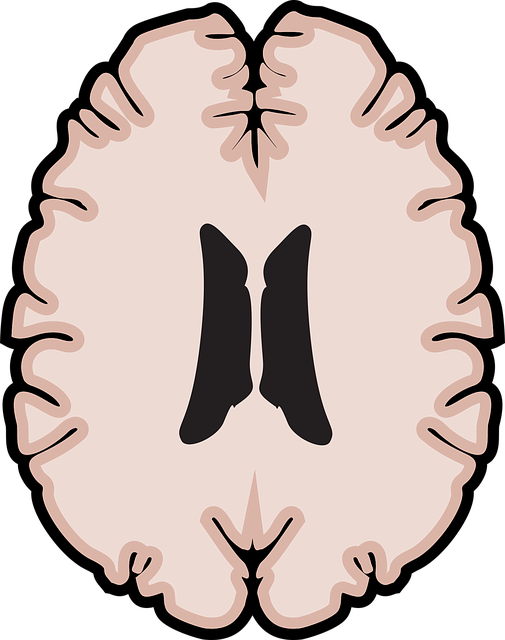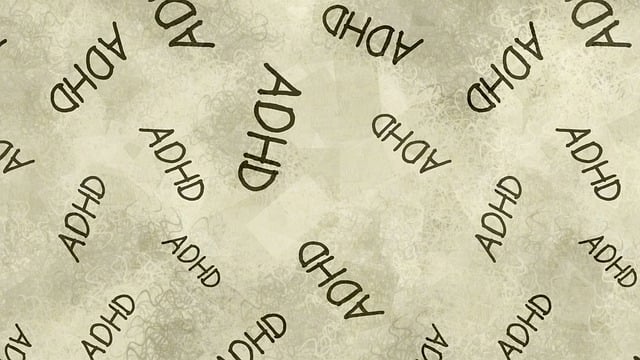Aurora Domestic Violence Therapy focuses on group facilitation for collective mental wellness healing. Facilitators create safe, non-judgmental spaces where participants share experiences, learn from each other, and develop coping strategies through empathy-building techniques. This collaborative approach enhances communication, promotes positive thinking, and builds community, fostering individual and collective healing. Engaging participants through icebreakers, discussions, and journaling encourages open dialogue and reduces stigma. ADVT tracks progress using qualitative assessments and combines evidence-based methods with tailored interventions to reduce mental illness stigma and empower clients.
Mental wellness group facilitation plays a pivotal role in fostering community and healing. This article explores powerful techniques for facilitating supportive environments, engaging participants, and measuring success, drawing insights from the effective practices at Aurora Domestic Violence Therapy. By delving into these strategies, we aim to empower therapists and care providers to enhance group dynamics and promote lasting mental wellness.
- Understanding the Role of Group Facilitation in Mental Wellness
- Techniques to Create a Safe and Supportive Environment
- Engaging Participants: Strategies for Effective Group Dynamics
- Measuring Success: Assessment and Continuation in Aurora Domestic Violence Therapy
Understanding the Role of Group Facilitation in Mental Wellness

In the realm of mental wellness support, group facilitation plays a pivotal role in fostering collective healing and growth. Techniques employed by facilitators at institutions like Aurora Domestic Violence Therapy go beyond individual therapy, creating a supportive environment where participants can share experiences, learn from one another, and develop essential coping strategies. Group dynamics encourage open communication, promote positive thinking, and offer a sense of community, all of which are crucial aspects of enhancing mental health and well-being.
Effective group facilitation involves tailored Empathy Building Strategies that help members understand and support each other’s unique challenges. By fostering a safe space where emotions can be expressed freely, facilitators guide discussions on mood management techniques, empowering individuals to navigate their mental health journeys with resilience and self-compassion. This collaborative approach not only complements individual therapy but also empowers group members to become agents of their own healing and personal growth.
Techniques to Create a Safe and Supportive Environment

Creating a safe and supportive environment is paramount for effective mental wellness group facilitation. At Aurora Domestic Violence Therapy, we emphasize the importance of cultivating a non-judgmental space where participants feel seen, heard, and respected. Techniques like active listening, open-ended questioning, and validating emotions help foster a sense of trust and camaraderie among group members. By encouraging honest discussions while maintaining clear boundaries, facilitators can create an atmosphere that encourages emotional vulnerability and promotes healing.
In addition to these foundational practices, mental health professionals should employ strategies tailored for risk assessment. This involves proactively monitoring participant behavior and language to identify potential triggers or signs of distress. Utilizing tools like standardized assessment questionnaires and ongoing individual check-ins allows for timely intervention and adaptation of the group dynamic. Ultimately, integrating depression prevention measures alongside emotional well-being promotion techniques ensures a comprehensive approach to supporting mental wellness in a group setting.
Engaging Participants: Strategies for Effective Group Dynamics

Engaging participants is a cornerstone of effective group facilitation, especially in settings like Aurora Domestic Violence Therapy where fostering trust and open communication is paramount. To create a safe and inclusive space, facilitators can employ diverse strategies tailored to the group’s dynamics. Encouraging active participation through icebreaker activities, open-ended discussions, and interactive exercises helps normalize conversations about mental wellness and breaks down barriers associated with stigma. Incorporating techniques from public awareness campaigns development, such as storytelling or role-playing scenarios, allows members to share experiences in a supportive context, promoting empathy and understanding.
Additionally, integrating mental wellness journaling exercises guidance can empower individuals to process their thoughts and emotions privately before sharing them with the group. This self-reflection fosters deeper engagement during sessions while contributing to ongoing Mental Illness Stigma Reduction Efforts. By combining these approaches, facilitators cultivate an environment where every member feels valued, heard, and supported in their journey towards mental wellness.
Measuring Success: Assessment and Continuation in Aurora Domestic Violence Therapy

Measuring success is a critical aspect of Aurora Domestic Violence Therapy (ADVT), ensuring that clients receive tailored support and progress effectively. Assessment techniques in ADVT go beyond traditional metrics, recognizing that healing is complex and multifaceted. Facilitators employ qualitative methods, such as client self-reporting and observations, to gauge improvements in emotional well-being, relationships, and coping strategies. These assessments help identify specific areas of growth or challenges, allowing for personalized interventions.
The continuation of therapy involves ongoing evaluation and adaptation. Successful facilitation techniques in ADVT emphasize the integration of evidence-based Stress Reduction Methods and Mind Over Matter Principles. By addressing underlying mental health concerns, including symptoms of trauma and anxiety, facilitators contribute to Mental Illness Stigma Reduction Efforts, fostering a supportive environment where clients feel empowered to take control of their healing journey.
Group facilitation plays a pivotal role in enhancing mental wellness, as evidenced by practices like those seen in Aurora Domestic Violence Therapy. By creating safe spaces and fostering supportive environments, facilitators can empower individuals to engage dynamically and measure progress effectively. The strategies outlined here, from understanding the dynamics of group interaction to assessing success, provide a robust framework for successful mental wellness group facilitation. These techniques not only promote healing but also offer sustainable tools for personal growth and resilience.

